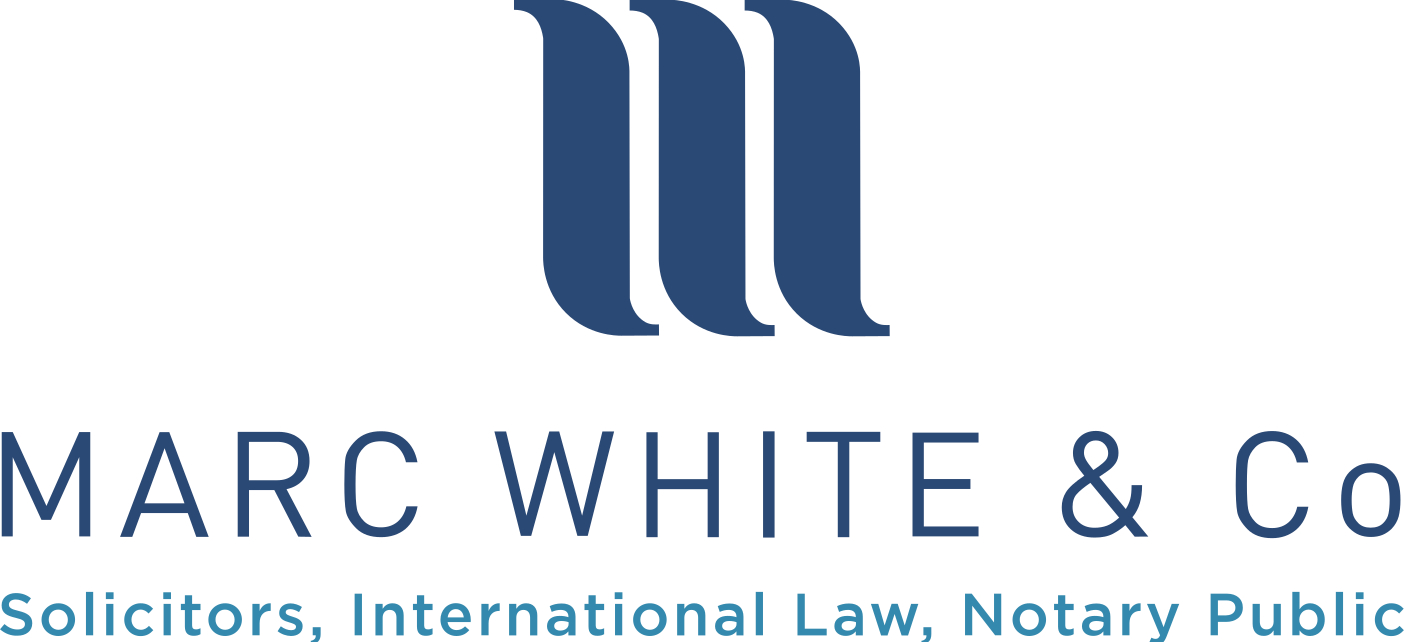If you are a homeowner in France or are planning to become one, you need to be aware of the property taxes for which you will be liable (regardless of whether you are making income from the property). The taxe d’habitation is a local property tax in France, traditionally levied on individuals who occupy a property and was therefore levied either against the owner, for secondary residences and holiday homes, or the tenant, when the property is subject to a residential lease. This tax helps finance local services, such as schools, public transportation, and infrastructure. While its application has changed significantly over the years, it remains an important part of the French taxation system.
How Is the Taxe d’Habitation Calculated?
The amount of tax owed is calculated based on the locally assessed rental value (valeur locative cadastrale), which is an estimated income the property could generate if rented out, and multiplying this rental value of the property by a rate (taux d’imposition) set by the local authorities. This rate can vary widely between regions, as each local authority has the power to set its own rate. Locally assessed rental value is updated every year, particularly based on the variation of the consumer price index.
Recent Reforms to the Taxe d’Habitation
In recent years, the French government has introduced significant reforms to the taxe d’habitation. In 2018, plans were announced to gradually phase out this tax for primary residences. The gradual phase-out began in 2018 and was completed by 2023. Currently, the taxe d’habitation for primary residences has been completely abolished. However, this tax still applies to secondary homes and vacant properties.
Mandatory Occupancy Reporting
So that the French tax authorities know on which basis to tax a property, a mandatory reporting (déclaration d’occupation) of the occupancy status of any French property was introduced in 2023, to be completed by the property owner. The reporting only needs to be completed once, rather than on a yearly basis, and only needs to be done again if the property has changed owners (in which case it is for the new owner to complete the reporting) or if there has been a change in the occupancy status.
When and How the Tax is Paid
The taxe d’habitation is due annually by the occupier of the property on 1st January, though in practice, as this tax is no longer levied against occupants of their primary residence, it is now mainly levied against owners of secondary residences, even if the property is being used as a holiday let. It is to be noted that when a property is under a commercial lease, a setup that is often encountered under a leaseback scheme, it is the commercial tenant that is liable for the taxe d’habitation, unless the lease sets out otherwise, and the owner must indicate the name of the commercial tenant when completing their occupancy reporting. Typically, the taxe d’habitation bill is sent in in November for a payment due by mid-December. Late payments can incur penalties, specifically a fixed one-off penalty of 10% on each overdue bill.
Tax Implications When Selling Your Property
It is important to note, if you are in the process of selling your property, that the tax is due by the person who occupies the property on the 1st of January each year. Unlike the taxe foncière, there is no form of pro rata compensation due by the buyer. This means that if you own the property on the 1st of January of any given year, you will be liable for the taxe d’habitation bill for that entire year when the tax is issued in November, even if your sale completed many months before. For this reason, if you are settling your property taxes by direct debit, our advice is to keep your French bank account opened and topped up until 31st December of the year of completion.
Need help with French property law or navigating taxes?
Our team of French lawyers in the UK are here to help. Contact us today for clear guidance tailored to your property.


